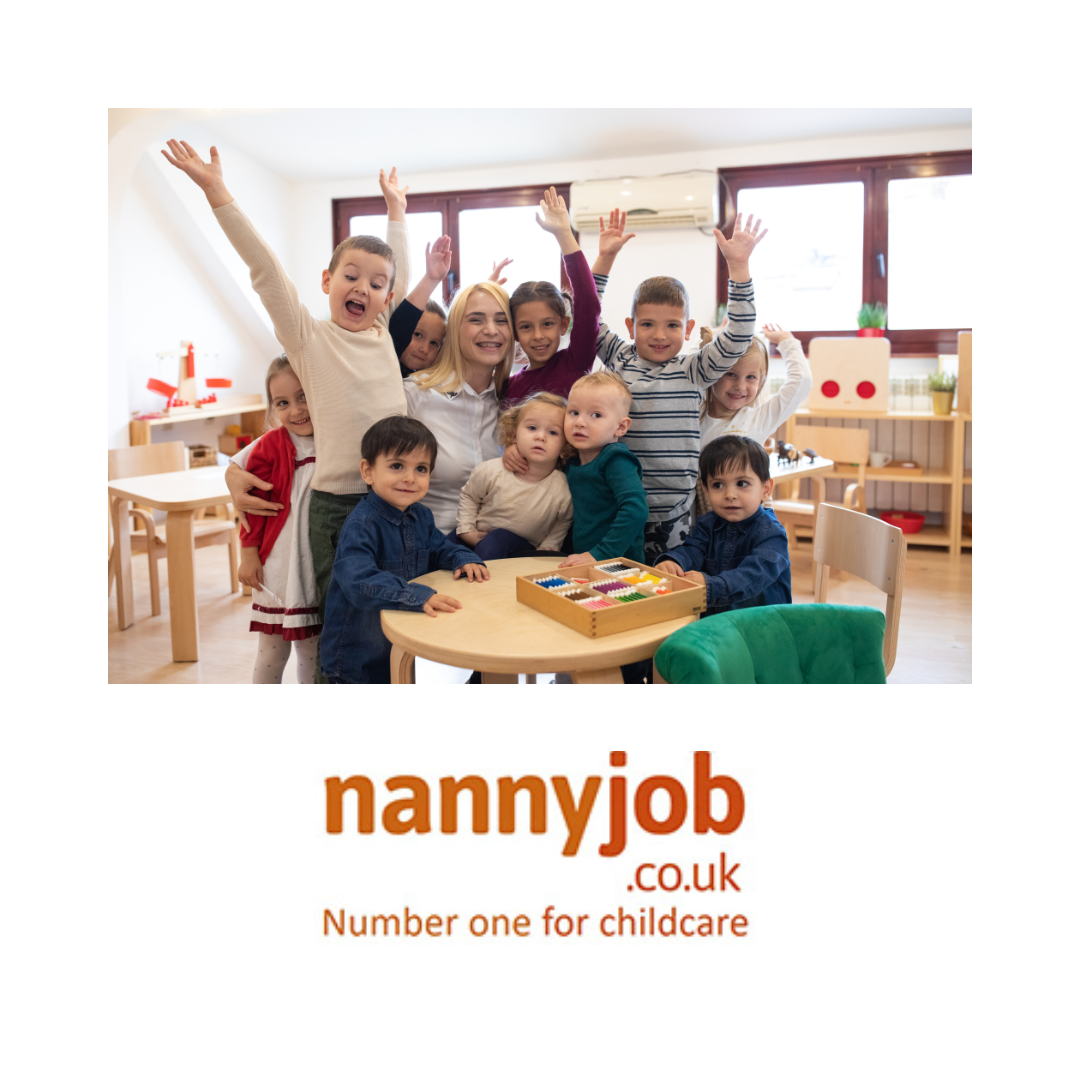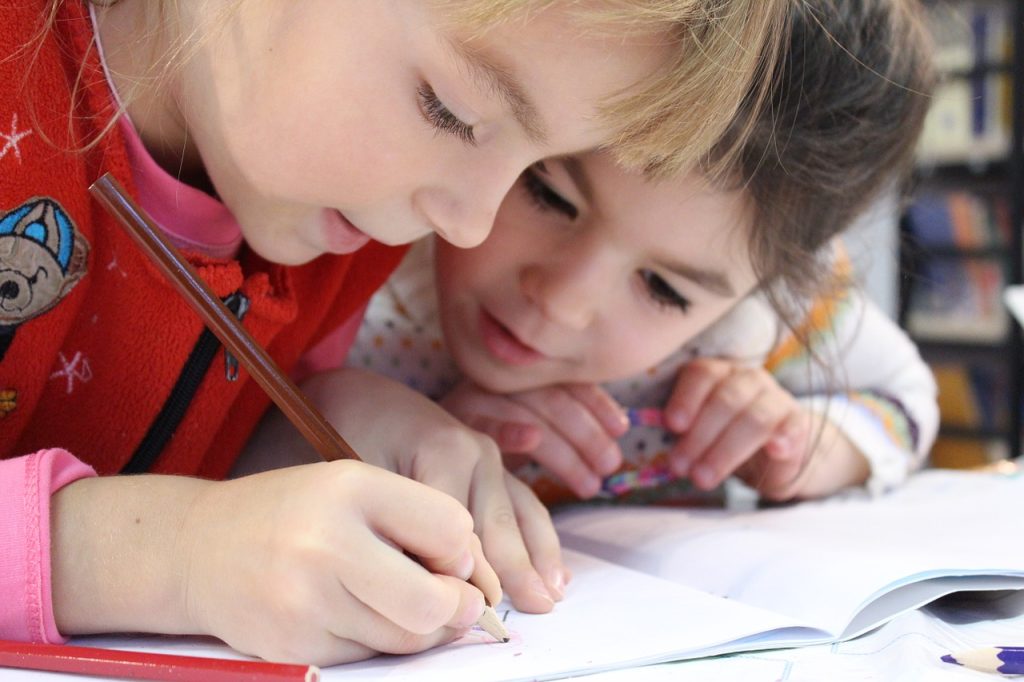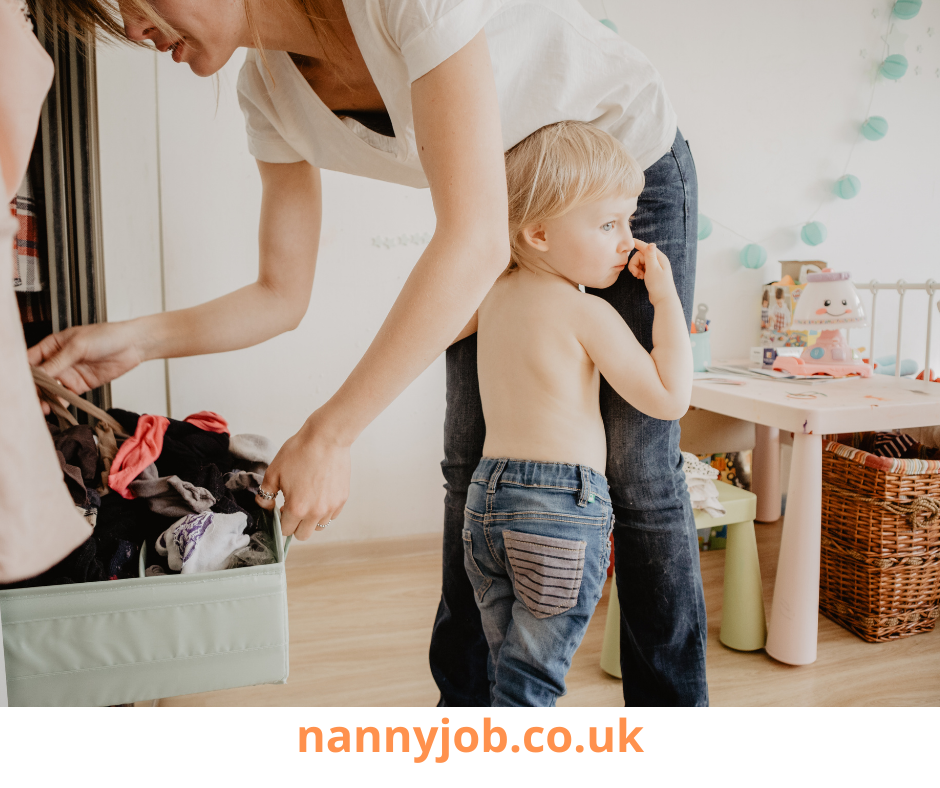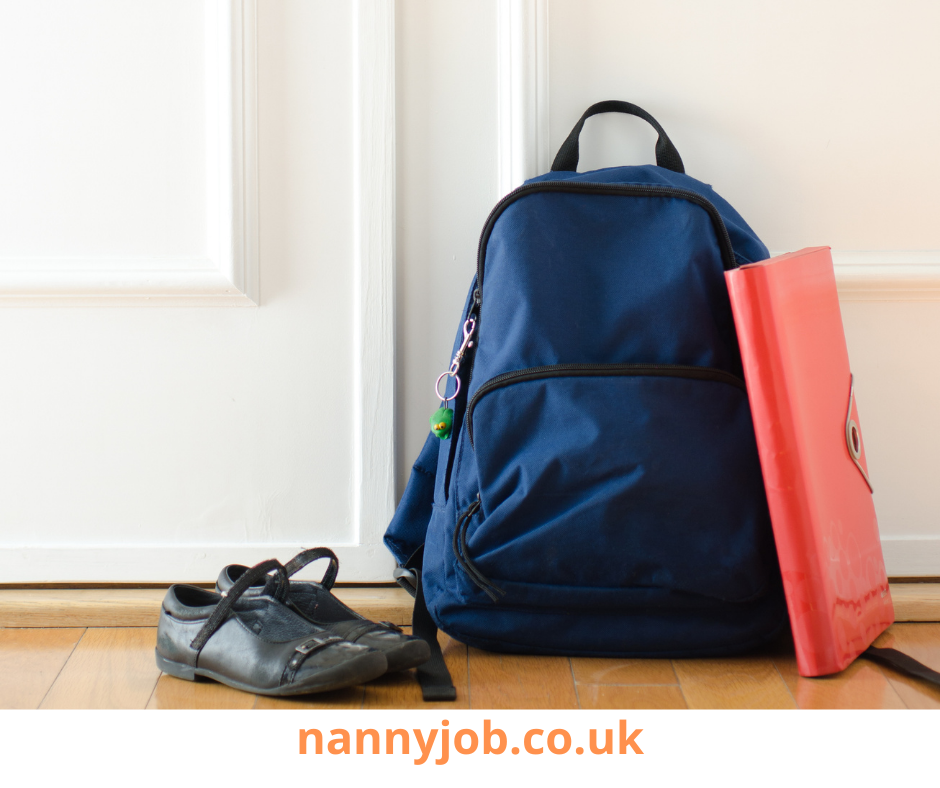One of the most pivotal relationships in a child’s education is the one between their parents and their teacher. But when you’re a nanny or child carer, your relationship with that teacher can be equally important. Regular communication, cooperation, and a mutual respect for each other’s roles can significantly benefit the child’s educational journey. Here’s how you can build a strong relationship with your child’s teacher.
The Initial Introduction
Don’t underestimate the power of a strong first impression. Make a point to meet the teacher early in the school year. Your initial interaction doesn’t have to be a formal meeting; it can be as simple as a quick hello during drop-off time.
Regular Communication
A great way to keep the lines of communication open is through a shared communication book, emails, or through any apps that the school uses for parent-teacher communication. Always ensure you’re passing the information along to the parents as well.
Attend Parent-Teacher Conferences
If it’s acceptable within your job scope and the parents are comfortable with it, attend parent-teacher conferences. Your unique insights can provide a more holistic understanding of the child’s needs and strengths.
Be Proactive
If you notice changes in the child’s behavior or academic performance, reach out to the teacher. Your observations can offer valuable perspectives that the teacher might not be aware of.
Share Milestones and Achievements
The teacher will undoubtedly appreciate knowing about any significant milestones or achievements that happen outside of school hours. This information can also help them to better understand and educate the child.
Mutual Respect
Maintain a respectful and professional demeanor in all interactions. Remember, you both want what’s best for the child, and a cooperative attitude will go a long way.
Be Supportive
Teachers appreciate it when parents and caregivers reinforce what is being taught in school. Whether it’s good manners, study habits, or specific academic or behavioral goals, your support is invaluable.
End-of-Year Gratitude
At the end of the school year, a simple ‘thank you’ note can make a teacher feel appreciated and pave the way for positive relations the next school year.
Building a strong relationship with your child’s teacher can be incredibly beneficial for everyone involved, most importantly, the child. It takes a village to raise a child, and teachers and nannies are an integral part of that village.
Social Media Posts
Facebook:
“Ever wonder how to create a winning relationship with your child’s teacher? Our latest blog post delves into the ‘how-tos’ of forging strong, beneficial connections. 🍎📚#TeacherAppreciation #NannyLife”
Instagram:
“Building a strong relationship with your child’s teacher can make all the difference! 👩🏫👨🏫 Swipe left to catch some quick tips, and for a deep dive, head to our blog! 📘✏️ #StrongerTogether #TeacherNannyTeam”
Twitter:
“How strong is your relationship with your child’s teacher? Our latest blog post offers tips for nannies and child carers to make this crucial relationship work. 📚🍎 #EducationFirst”
LinkedIn:
“Are you a nanny or child carer looking to strengthen your relationship with your child’s teacher? Our latest blog offers actionable steps to ensure a beneficial partnership for the educational development of the child. #ProfessionalDevelopment #EducationMatters”
Feel free to adjust these social media posts to fit the tone and style of your agency or personal profile. And, of course, include the link to the blog post where appropriate!





